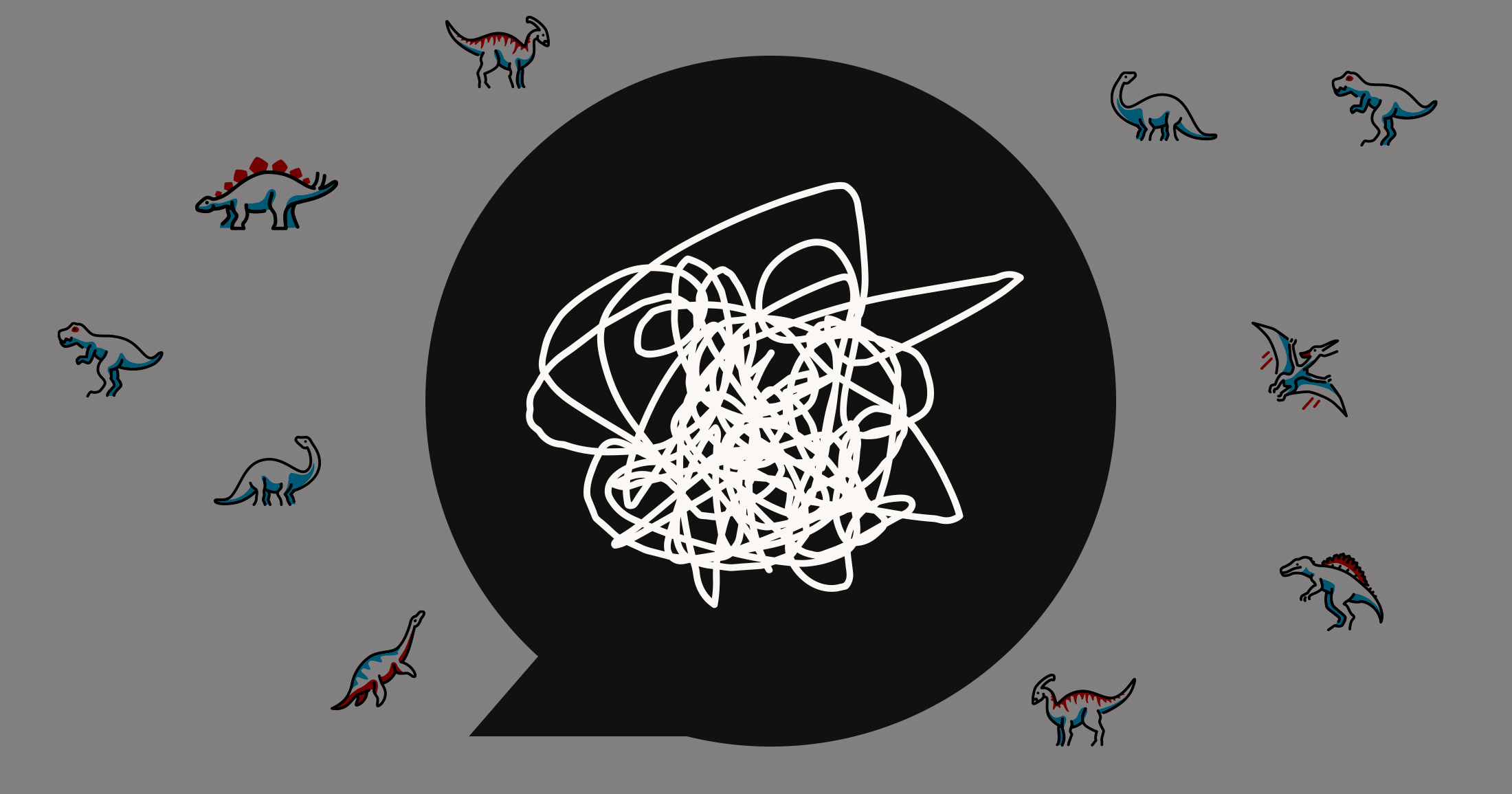Top ten mistakes that leaders make
Webinar recording from January of 2022 on the most egregious (and common) mistakes that leaders make.

This is a webinar recording from January of 2022 on the top ten relationship mistakes leaders make. Join David Cory and Jill Cory while they review their list of top ten mistakes and the underlying beliefs and the emotional intelligence competencies that relate.
The ‘Belief’ category is self-explanatory, but the ‘High EQ Competency’ may require some explanation. What we are indicating is that this could be a higher scoring EQ competency (on the EQ-i 2.0) for this individual, however, it works against their effectiveness as a leader. The idea being that any strength that is overused or used in the wrong way can become a weakness. The idea behind the ‘Low EQ Competency’ category is that this may be a lower score on the EQ-i 2.0 for an individual and help us to explain more about why they might be making this relationship mistake. Please watch the recording and let us know if you have any questions.
These are presented in no particular order. Enjoy!
Mistake #1: “Because I said so…”
This is an easy one to fall into, and sometimes leaders forget that the best leaders are committed to relationship building and coaching the people who report to them. It was never an acceptable response from a parent and it’s never an acceptable response to an adult if your goal is to build relationships of trust.
| Belief | High EQ Competency | Low EQ Competency |
|---|---|---|
| Leader knows best | Self-Regard | Stress Tolerance |
#2: “Die before you cry…”
This is pervasive and still a dominant perspective in some corners. Emotional expression is widely, and incorrectly, thought to undermine status and general competency.
| Belief | High EQ Competency | Low EQ Competency |
|---|---|---|
| Emotions are weak and interfere with decision-making | Independence | Emotional Self-Awareness |
#3: “Suck it up princess…”
Old school, traditional, leaders who aren’t themselves personally fussed by things, fail to understand that others are under stress or struggling with something.
| Belief | High EQ Competency | Low EQ Competency |
|---|---|---|
| Everybody should handle stress like I do | Stress Tolerance | Reality Testing |
#4: “We’ve always done it this way…”
When a small number of people make decisions, innovation can often get overlooked. Who is “us” anyway?
| Belief | High EQ Competency | Low EQ Competency |
|---|---|---|
| It’s always worked for us | Stress Tolerance | Reality Testing |
#5: “Do as I say, not as I do…”
People with power and privilege develop a sense of entitlement: stratified entitlement.
| Belief | High EQ Competency | Low EQ Competency |
|---|---|---|
| I am entitled | Independence | Social Responsibility |
#6: “Fix the roof in the rain…”
This idea comes from a John F. Kennedy saying that we should fix the roof when the sun is shining. Trust is earned and relationships are built.
| Belief | High EQ Competency | Low EQ Competency |
|---|---|---|
| Deserve trust because of position | Self-Regard Self-Actualization | Interpersonal Relationships Impulse Control |
#7: “No stick Nick…”
Conflict is necessary for all parties in a relationship to be heard. Evasion is not the way.
| Belief | High EQ Competency | Low EQ Competency |
|---|---|---|
| Conflict is scary/bad, or I am untouchable, arrogant | Flexibility Independence | Self-Regard Reality Testing |
#8: “Make room for my ego…”
When men work from a paradigm of central, superior, and deserving, bad things ensue. Relationships require mutuality, trust, connection, and caring.
| Belief | High EQ Competency | Low EQ Competency |
|---|---|---|
| I am central, superior and deserving | Emotional Expression | Emotional Self-Awareness |
#9: “Get’er done…”
When leaders, or members of the team become more focussed on productivity than taking care of their relationships, problems get deferred, but not addressed.
| Belief | High EQ Competency | Low EQ Competency |
|---|---|---|
| Productivity is the only workplace measure of success | Self-Actualization | Empathy |
#10: “I know I shouldn’t tell you this, but…”
Gossip has a complicated, and often important, role in communities with power differentials. However, when it’s used by people with power, it can damage relationships.
| Belief | High EQ Competency | Low EQ Competency |
|---|---|---|
| Appear powerful when I have information | Self-Regard | Social Responsibility Impulse Control |


More New Year’s resolution success with emotional intelligence
Conflict-resilience through coaching and emotional intelligence
Culture is grown not built
Preventing, or reversing, the turnover trend
How emotional intelligence can boost your organization’s bottom line by increasing productivity and saving money
Accelerating DEI in the workplace? You will need emotional intelligence skills
Building emotional intelligence into your company culture will give you an edge in competing for new talent
Challenging the myth that resilience is simply personal fortitude
How to bring more emotional intelligence to social media and virtual communities
Why curiosity is a power skill
Coaching with emotional intelligence
Negotiating with emotional intelligence